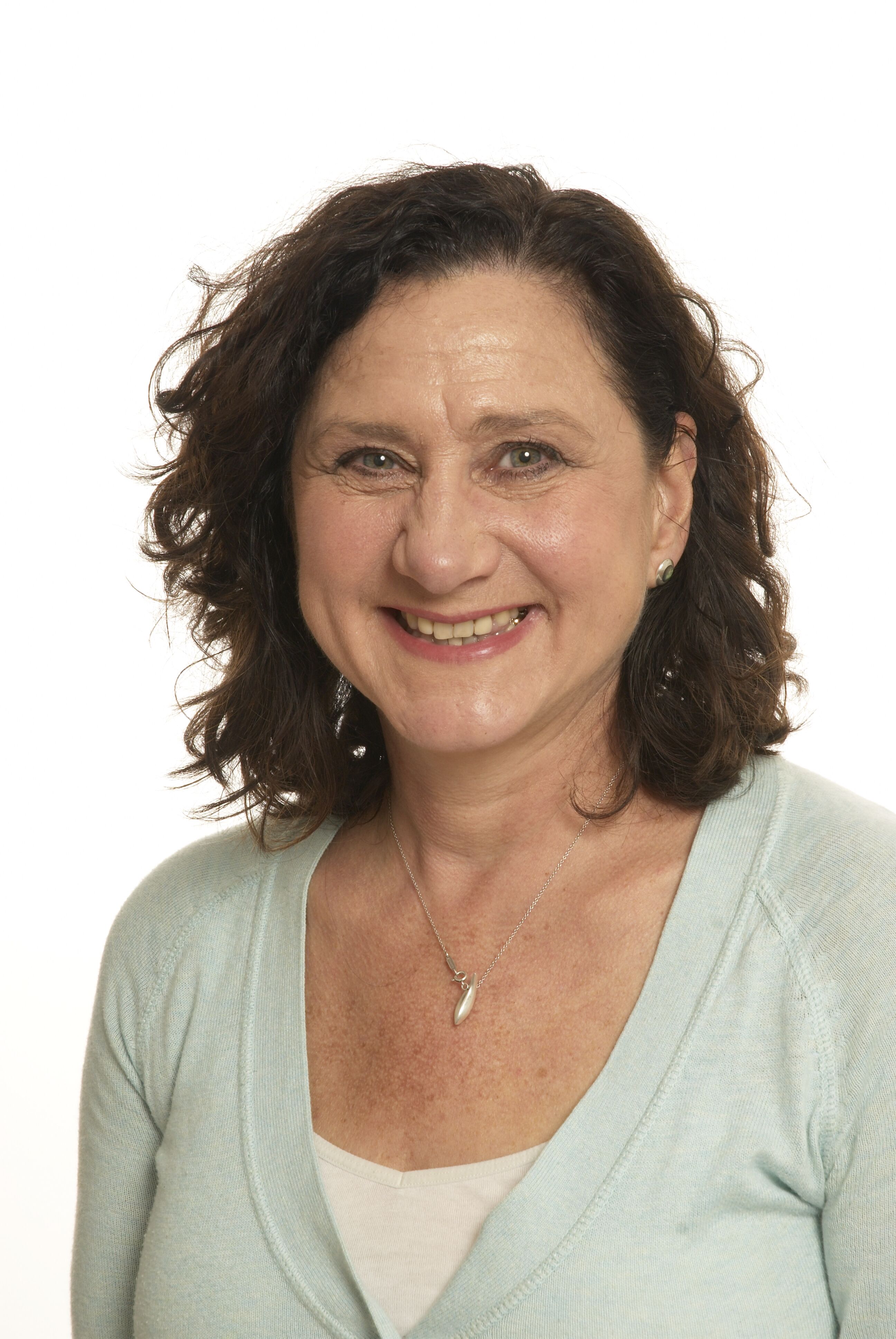I take care of my elderly mum and am more than happy to do so because I love her and she is inspirational. My mum is over 90 years old, takes millions of medications for chronic conditions (requiring very many hospital appointments), can’t go out on her own, has short-term memory loss and is unsteady on her feet. However, for all that, she is pretty independent – she washes and dresses herself and can cook a meal for herself if required. This detail is relevant only because it places me, firmly on the “light duties” end of the caring spectrum.
But despite my caring responsibilities being so much less onerous than those of many other carers I know how hard it can be to care for oneself at the same time as looking after someone else.
For example, it is really hard to plan – as my mother’s health needs may require an unexpected Dr’s visit. I am constantly re-organising my personal diary commitments for this reason. A recent experience where I was quite ill also showed how sometimes carers need a carer too. All I wanted to do was to lie down and rest and wait for the antibiotics to work. Instead, I spent the night nursing mum, who had brought home an unwanted gift from the hospital in the form of the vomiting bug.
Prioritising someone else’s needs when you are desperate to take care of your own is an all too familiar feeling for many carers. But even here I have an advantage over many – as a Human Givens Psychotherapist I understand what I can do to help myself feel a sense of emotional well-being. I know that if I ignore these things I could become anxious, depressed or develop unhealthy habits.
So how can we carers, invest in our own emotional well-being? In short, and although it may be easier said than done, we can pay attention to our own needs as well as those of the person we care for.
Some of the things that I do include: carving out some private time where I focus on and spend time with myself. Doing this allows me to have a sense of control when otherwise, how my time is spent is determined by my mother’s needs.
I have some fun with others (where people pay attention to me (and where I am not doing all the “attention-giving”); I do an activity I enjoy that gives me a sense of achievement and I stay in contact with friends who accept me for who I am (and don’t just see me as a carer).
While the “how” of paying attention to yourself may often be a challenge, the “what” is fairly simple. And in the long run caring for ourselves makes us better able to care for the people we love.
If you are a carer who needs someone to care for them contact Local Counselling Centre. Sessions start from just £15.





